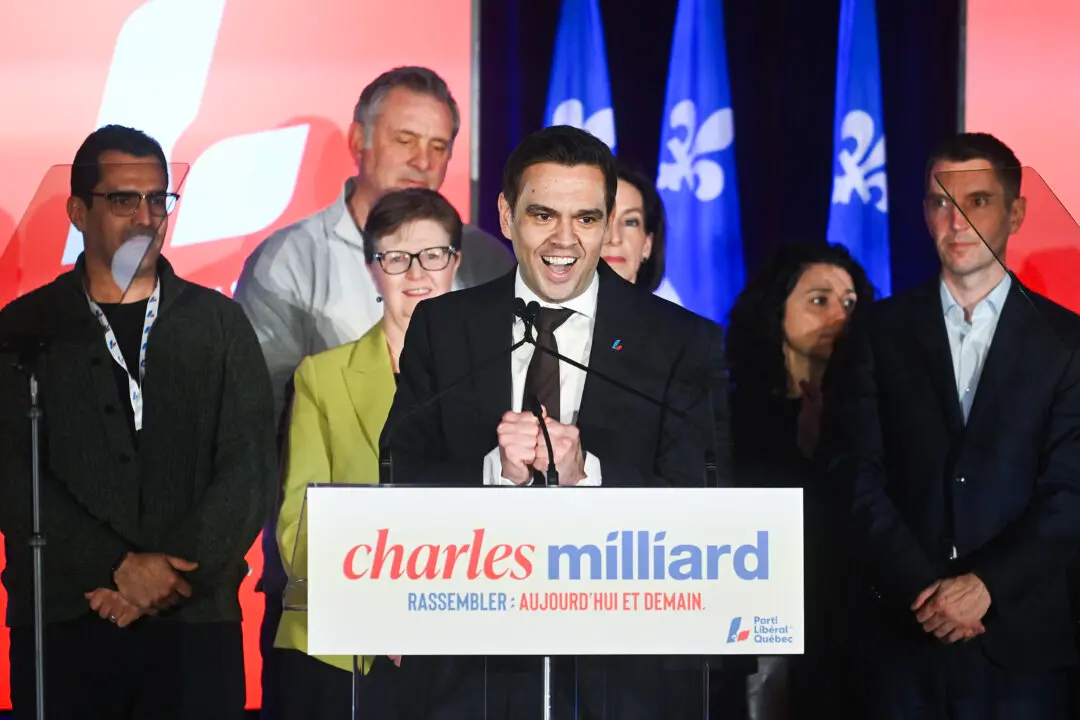OTTAWA—Traditional chiefs from British Columbia at the heart of the Coastal GasLink pipeline protest are now in eastern Ontario, where federal cabinet ministers hope their proximity to the capital might mean a chance to sit down and talk about de−escalating the current impasse.
Blockades raised by some Indigenous people and other supporters of the Wet’suwet’en First Nation’s hereditary leaders have stopped rail traffic in eastern Canada and temporarily blocked roads, bridges and ports across the country.





